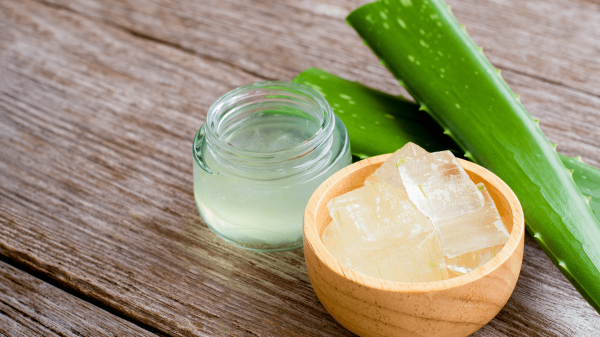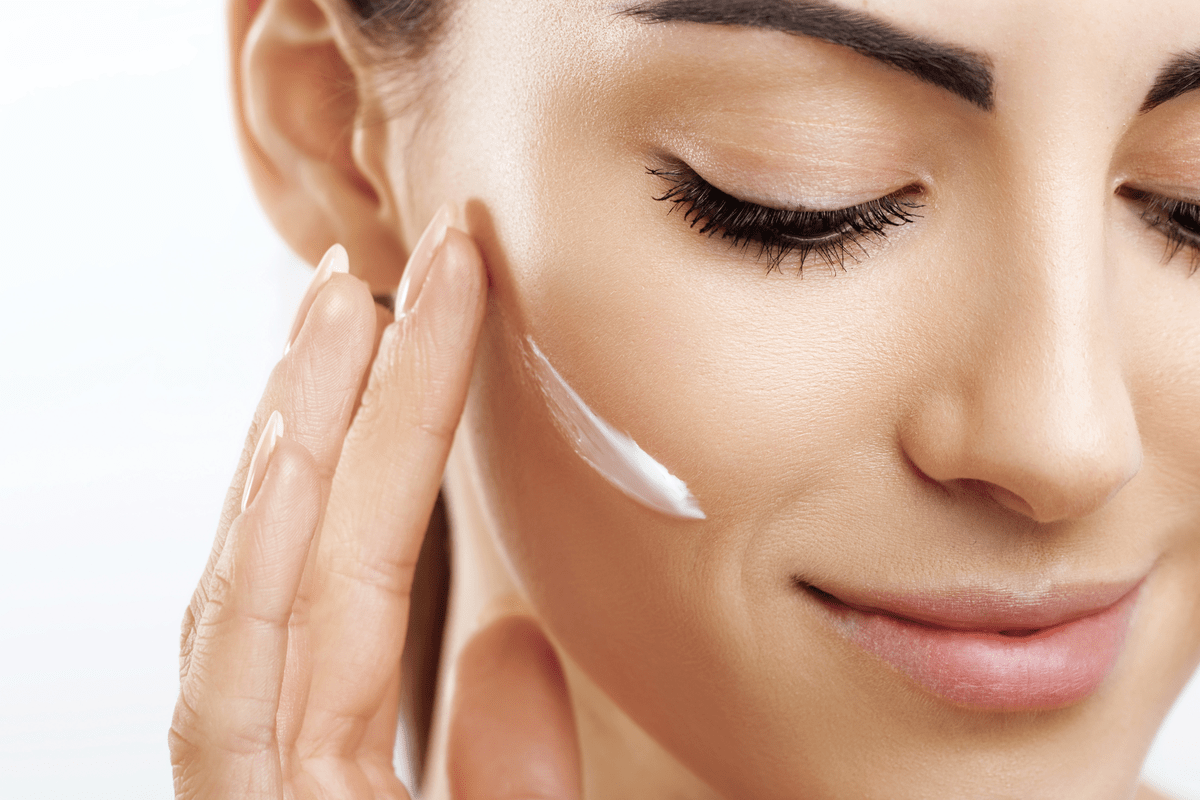The eighth most chemical in the human body is Sulfur and is important for the synthesis of some amino acids.
Sulfur supplements (capsules, powders) taken orally are used to lift the level of sulfur to protect against osteoarthritis, allergies, and muscle soreness. Some people also use topical sulfur preparations to handle from dandruff to rosacea conditions.
The forms of sulfur supplements are Dimethyl sulfoxide (DMSO) and MSM. Although these items are readily available, there is little research on the health benefits of sulfur supplements.
Sources of sulfur
The food sources of sulfur are;
- Poultry and meat such as chicken, beef, duck, and organ meats.
- Seafood and fish such as scallops, prawns, and shrimp
- Seeds and nuts such as peanuts, pumpkin, and sesame seeds
- Legumes and dairy products
- Dried fruits
- Vegetables such as broccoli, leeks, radishes, cabbage, watercress, and turnip tops
Health Benefits of Sulfur
1. Sulfur for Dandruff
It is an FDA-approved component for the treatment of dandruff and is used as an over-the-counter product. However, there is little evidence available on its efficacy.
Some study shows that using sulfur and/or salicylic acid shampoo eliminates dandruff twice a day for 5 weeks. Sulfur- and salicylic acid containing shampoo appears most effective.
2. Sulfur for Osteoarthritis
The supplements of sulfur are commonly used for the treatment of osteoarthritis. According to a study, MSM may be of benefit to individuals with knee osteoarthritis.
There are also some indications that balneotherapy could help osteoarthritis patients.
Balneotherapy is an alternative therapy, comprising of treating health problems through bathing usually in hot springs and other naturally minerally rich mineral waters. In most cases, sulfur is present in the water used in balneotherapy.
3. Sulfur for Allergies
An allergic reaction is called rhinitis allergy. It is an allergy that causes watery eyes, itching, sneezing, runny nose, and congestion of the nasal. Animal dander, pollen, and molds are common triggers of allergic rhinitis.
Many inflammatory substances, such as prostaglandins and cytokines, are released after exposure to an allergen, which results in unpleasant symptoms. Studies have shown that MSM can help reduce the symptoms of allergic rhinitis.
4. Sulfur for Rosacea
According to a 2004 study by the journal Cutis, topically used sulfur might help to treat rosacea. According to the writers, sulfur-containing lotions and/or cleansers will contribute to the benefits of other topical and oral medications for rosacea.
5. Sulfur as treatment for Itchy skin infections
In the majority of people, it is useful to apply sulfur-containing jelly on the skin to have an effective treatment for scabies.
However, because of the smell, this treatment is not pleasant. The treatment of sulfur is typically applied for 3 to 6 nights.
6. Sulfur for Immunity system
Your immune system is a special network constructed of tissues, cells, and organs that help to defend the body from diseases and any kind of illness.
Stress, sickness, poor diet, inadequate sleep, or lack of exercise may weaken your immune system. The sulfur compounds such as MSM have a great role in the health of the immune system.
Side Effects of Sulfur
There is a lack of information that oral sulfur supplements are safe. But, certain side effects of the MSM and DMSO are explained below:
- Diarrhea
- Nausea
- Headaches
- Dizziness
When used topically, sulfur can be healthy. In clinical trials lasting up to 8 weeks, patients have safely used sulfur-containing products at levels up to 10%.
It is important to remember that self-treatment of a condition with the help of sulfur and the avoidance or delay of standard care may have severe consequences.
Talk to your doctor if you are thinking to treat a medical condition with a sulfur supplement.
















